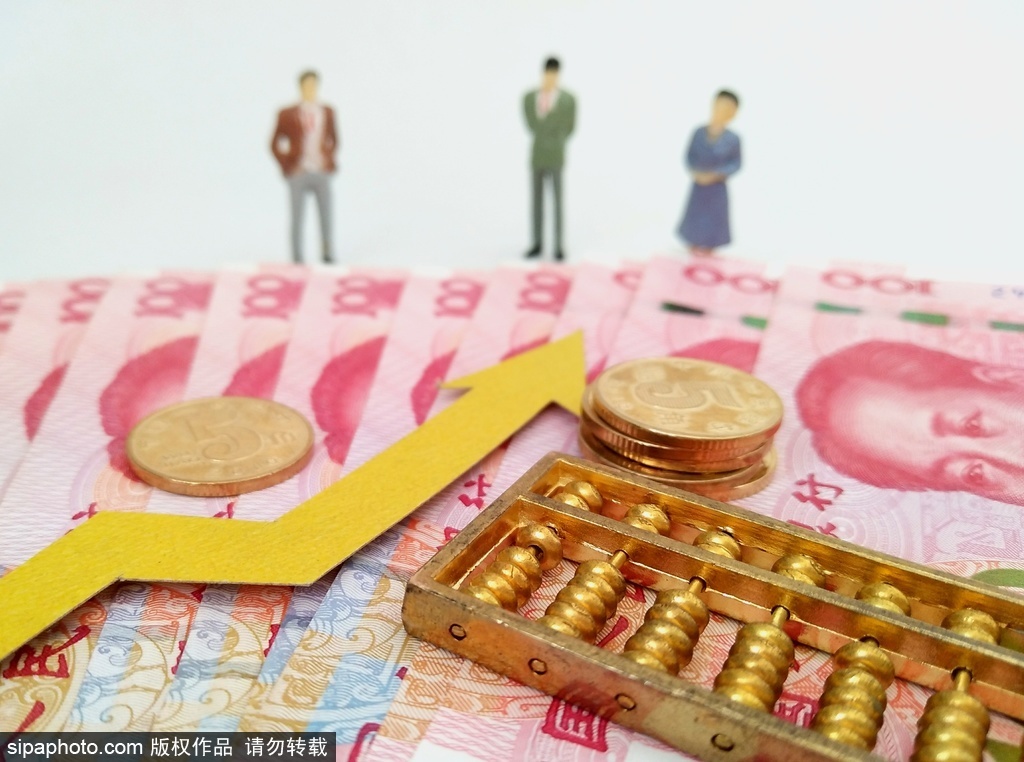
China became the world's fifth-largest fund market at the end of March, up from the eighth spot at the end of last year. (Photo: Sipa)
That China became the world's fifth-largest fund market at the end of March, up from the eighth spot at the end of last year, is attributable to the development of the country's asset management market.
As Xiao Gang, former head of China Securities Regulatory Commission, said at a national asset management annual conference on Sunday, the expansion of the fund market, along with the scale of its trust products and other asset management items, has made China the third-largest asset management market globally — after the United States and the United Kingdom. And it is expected to overtake the UK next year.
China's economy has been recovering steadily, registering 3.2 percent growth in the second quarter, because it has largely contained the novel coronavirus outbreak. This has facilitated continuous inflow of capital especially in emerging sectors such as information and communications technology, biomedicine, new energy and new materials, and advanced manufacturing. Which explains why the stock market has rebounded sharply in recent months with the benchmark Shanghai Composite Index up about 15 percent from 2,900 points in June to more than 3,360 at present.
More important is the securities regulator's belief that a well-regulated, open, transparent, vibrant and resilient capital market can help turn crisis into opportunity and break new ground in a rapidly changing world.
That incidentally has prompted the authorities to step up a series of capital market reforms by, for example, introducing a registration-based system for new listings on the Nasdaq-style sci-tech innovation board — known as STAR market — while raising information disclosure requirements.
This in turn will help attract more high-potential technology companies to seek listing on the domestic stock exchanges, thus laying a solid foundation for the healthy growth of the capital market, especially to propel the growth of high-tech companies that will to some extent help offset the effects of the US' sanctions against Chinese high-tech companies.
Yet despite the progress, the Chinese capital market remains volatile, mainly because overseas investments in the A-share market — mainly via Hong Kong and thus called northbound funds — often flow in at a rapid pace and equally quickly flee the market after making short-term gains, even though they account for less than 4 percent of market valuation.
The Chinese stock market's valuation is rational and growth prospects are bright. As such, the country's burgeoning asset-management sector ought to assume the role of a market stabilizer — by minimizing market fluctuations caused by the rising tensions between China and the US and guiding the capital market onto the track of healthy and sustainable development for the benefit of investors and the national economy.


